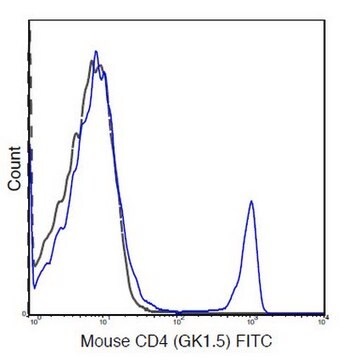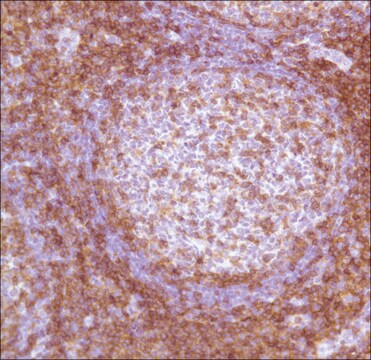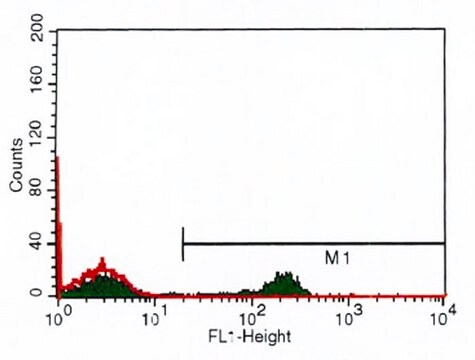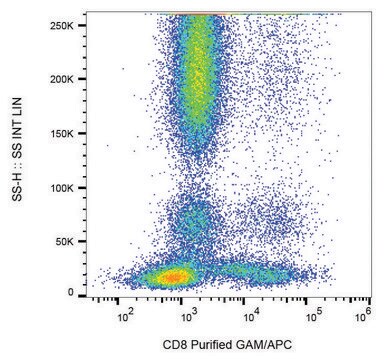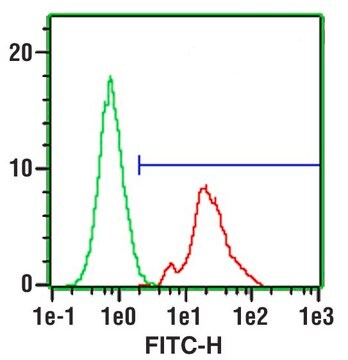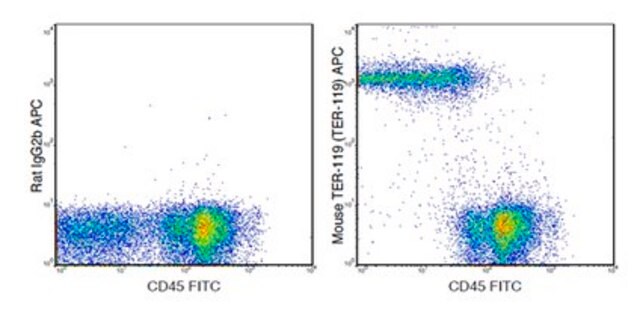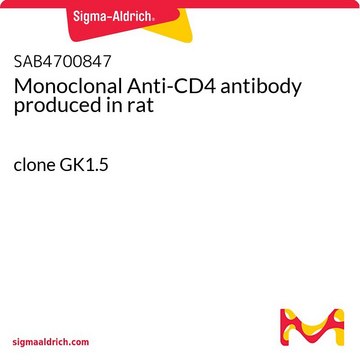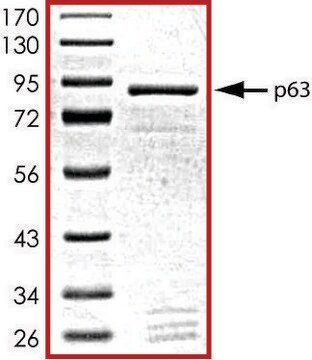MABF419
Anti-CD4 Antibody (human), clone OKT4
clone OKT4, 0.5 mg/mL, from mouse
Synonym(s):
T-cell surface glycoprotein CD4, T-cell surface antigen T4/Leu-3, CD antigen CD4
About This Item
Recommended Products
biological source
mouse
Quality Level
antibody form
purified antibody
antibody product type
primary antibodies
clone
OKT4, monoclonal
species reactivity
human
concentration
0.5 mg/mL
technique(s)
flow cytometry: suitable
immunocytochemistry: suitable
immunofluorescence: suitable
immunoprecipitation (IP): suitable
western blot: suitable
isotype
IgG2bκ
UniProt accession no.
shipped in
wet ice
target post-translational modification
unmodified
Gene Information
human ... CD4(920)
General description
Specificity
Immunogen
Application
Inflammation & Immunology
Physical form
Storage and Stability
Disclaimer
Not finding the right product?
Try our Product Selector Tool.
recommended
Storage Class
12 - Non Combustible Liquids
wgk_germany
nwg
flash_point_f
Not applicable
flash_point_c
Not applicable
Certificates of Analysis (COA)
Search for Certificates of Analysis (COA) by entering the products Lot/Batch Number. Lot and Batch Numbers can be found on a product’s label following the words ‘Lot’ or ‘Batch’.
Already Own This Product?
Find documentation for the products that you have recently purchased in the Document Library.
Our team of scientists has experience in all areas of research including Life Science, Material Science, Chemical Synthesis, Chromatography, Analytical and many others.
Contact Technical Service